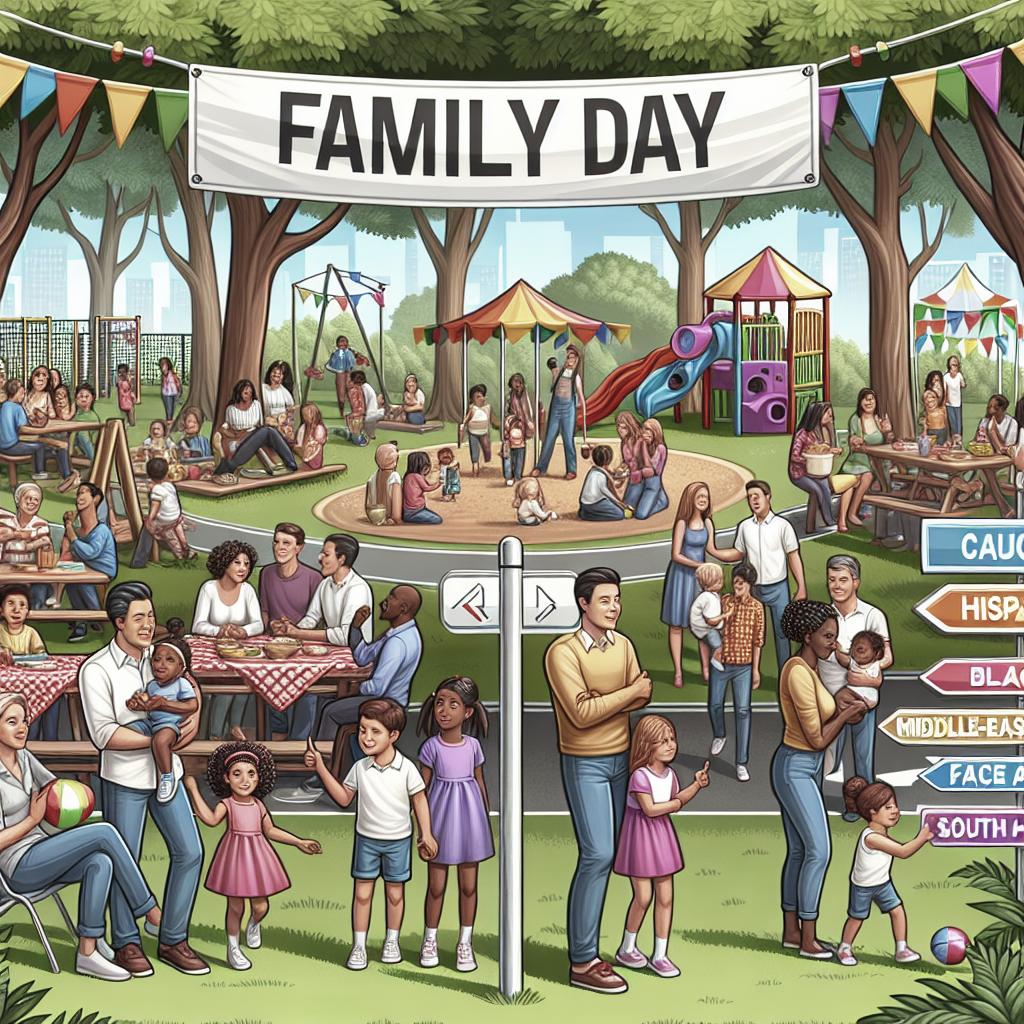<>
“`
In today’s fast-paced world, cultural outings often take a back seat to the convenience of digital entertainment. However, families that make time for museums, historical tours, theatre, and other cultural activities are investing in invaluable shared experiences that deliver significant benefits. From enhanced cognitive function to stronger social connections and emotional well-being, cultural outings enrich family life in multiple dimensions. This blog post explores the multifaceted advantages of engaging in cultural activities as a family, fostering not just individual growth, but collective harmony and understanding.
Enhanced Cognitive Function
Cultural outings provide excellent opportunities for cognitive development among all family members. Visiting museums and exhibitions stimulates curiosity and encourages critical thinking and analysis. Concepts encountered in school—whether historical, scientific, or artistic—can be observed in real-world contexts, augmenting learning through practical exposure.
Moreover, engaging in cultural activities offers a platform for varied intellectual challenges. For instance, following a guided tour or solving interactive exhibits requires focus and mental agility. Even casual conversations sparked by a visit to an art gallery or a historical site contribute to cognitive stimulation by encouraging family members to question, debate, and explore new ideas together.
Social Connection
Cultural outings serve as unique social experiences that help families bond. Shared activities such as attending a cultural fair or a live performance provide common topics of conversation and enhance family unity. These outings can serve as the perfect backdrop for creating cherished family memories, fostering a sense of togetherness.
Additionally, cultural activities often involve interaction with others who share similar interests, enabling families to broaden their social circles. Whether it’s conversing with a tour guide, mingling with other attendees, or participating in a community event, these interactions contribute to a richer social life. The communal aspect of cultural activities underlines the importance of human connection beyond the family unit.
Emotional Well-being
Participating in cultural outings has a profound impact on emotional health. Experiencing art in a gallery, watching a play, or listening to live music has been shown to reduce stress and elevate mood by providing an escape from everyday pressures. Art, in all its forms, offers a momentary sanctuary where individuals can reflect and reconnect with their emotions.
Moreover, these activities often provoke emotional reactions that families can discuss later, teaching emotional intelligence and empathy. Children who are exposed to various forms of artistic expression from a young age tend to develop better emotional awareness and are more adept at understanding their own feelings and those of others.
Physical Activity
While cultural outings might not seem physically demanding, they often involve a fair amount of movement. Walking through extensive museum halls, exploring historical sites, or participating in a cultural festival keeps families active. This level of movement, even if moderate, contributes positively to overall health, offering a more engaging alternative to sedentary activities like watching TV.
Additionally, the act of preparing for and traveling to various cultural venues adds another layer of physical exertion, making these activities wholesome family outings. Such excursions can instill a habit of regular physical activity, subtly integrating exercise into the family’s lifestyle.
Cultural Enrichment
Perhaps the most obvious benefit of cultural outings is the enrichment they provide. Exposure to different cultures, historical periods, and artistic expressions broadens perspectives and fosters a sense of global awareness. Families gain insights into how others live, think, and create, which can be incredibly inspiring and educational.
This kind of enrichment nurtures a love for lifelong learning. Children exposed to diverse cultural elements often grow up more open-minded and appreciate the richness of human diversity. It also empowers families to engage in meaningful conversations about heritage, identity, and the shared human experience.
Lessons Learned
| Benefits | Description |
|---|---|
| Enhanced Cognitive Function | Stimulates curiosity, encourages critical thinking, and offers intellectual challenges. |
| Social Connection | Facilitates family bonding and interaction with others, fostering a richer social life. |
| Emotional Well-Being | Reduces stress, elevates mood, and encourages emotional intelligence and empathy. |
| Physical Activity | Involves walking and other movements, contributing positively to overall health. |
| Cultural Enrichment | Broadens perspectives, nurtures a love for lifelong learning, and fosters global awareness. |
“`


